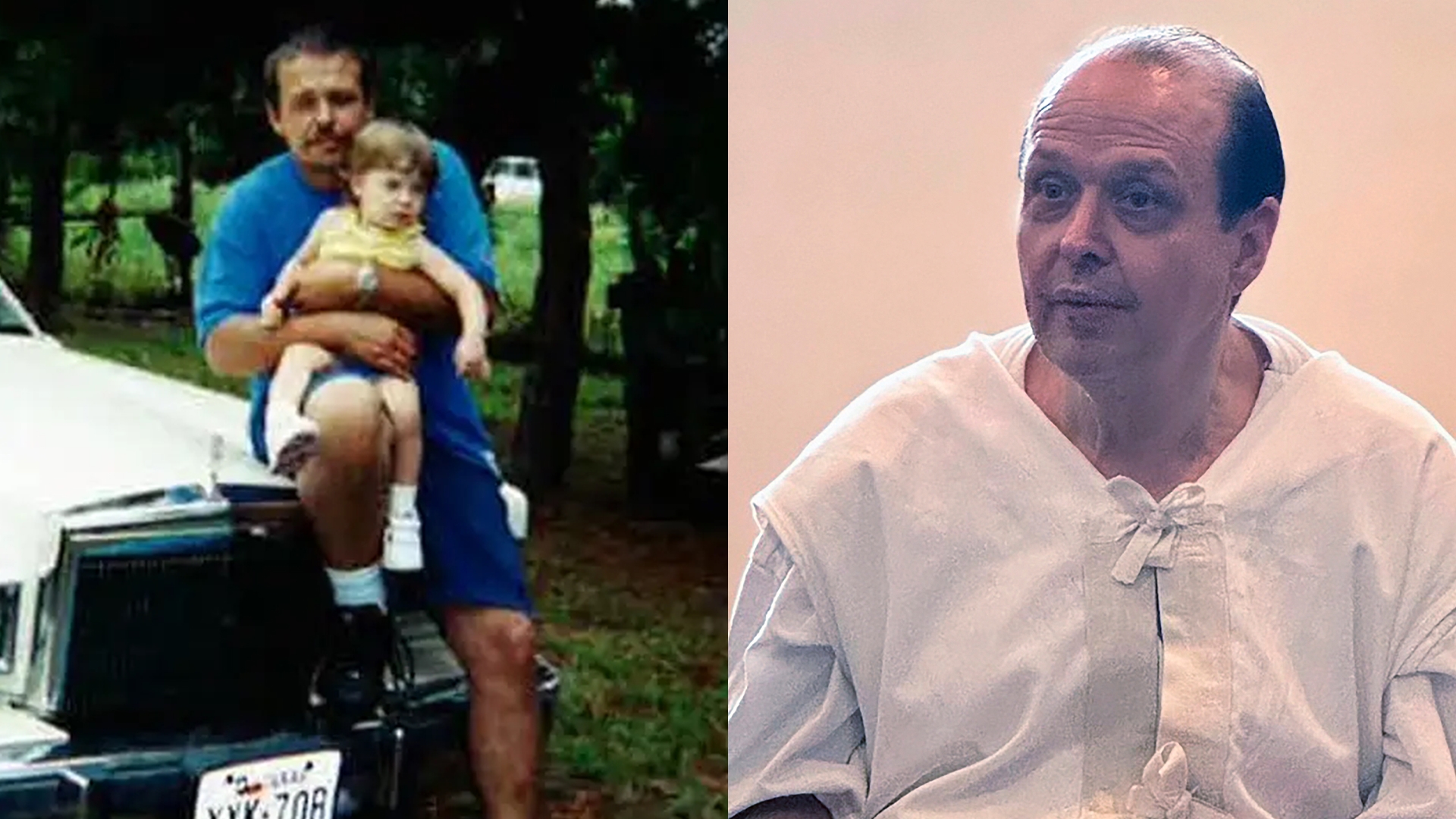AUSTIN, Texas — Texas did not execute a man convicted of killing his 2-year-old daughter Thursday night, but what comes next is still a mystery.
Robert Roberson is set to testify in front of the Texas House Committee on Criminal Jurisprudence on Monday at the Texas State Capitol. Roberson's attorneys say he is expected to appear in person, but the Texas Department of Criminal Justice has not confirmed that yet.
The scheduled testimony comes after a back-and-forth battle to save Roberson's life following a subpoena from the House committee. The subpoena eventually led to the Texas Supreme Court issuing a stay order to halt Roberson's execution Thursday night.
However, Texas lawmakers also say they don't know how long Roberson could be subpoenaed.
"The reality is we're in an hour-by-hour, minute-by-minute situation," said State Rep. Brian Harrison. "There's a lot of ways that this could still be resolved, but exactly how and exactly when, nobody knows right now."
Their only other options are hoping that Texas Gov. Greg Abbott grants a 30-day reprieve, or that the Texas Board of Pardons and Paroles changes its initial decision.
"If we had not taken that extraordinary step, I think Robert Roberson would not be alive right now," Harrison said.
How halting the execution unfolded
Roberson was scheduled to be executed Thursday evening, but Travis County Judge Jessica Mangrum ruled that Roberson would be allowed to testify about his case next week.
During the hearing, the Texas Attorney General's Office conceded that the subpoena was legitimate and lawful, meaning an agency could not ignore it. State Rep. Joe Moody, who leads the House Committee on Criminal Jurisprudence, highlighted the state's bipartisan efforts to "engage in fact-finding" during hours of testimony on Wednesday.
Moody said the committee then unanimously voted to issue the subpoena and made the Texas Department of Criminal Justice aware. However, the Attorney General's Office argued that there were other signs of abuse.
"This is not a shaken baby case," Ed Marshall with the AG's office told the judge. "[Roberson] was not indicted for shaking a baby. He was indicted for blunt force trauma and murder of a 2-year-old. The evidence supports the fact that there were multiple blunt for trauma impacts to the child's head."
Texas lawmakers said they were in uncharted territory in trying to delay Roberson's execution, who many believe is innocent. Roberson has maintained his innocence in the 2002 killing of his 2-year-old daughter. Lawmakers said issuing a subpoena to a death row inmate hours before their scheduled execution is something no legislature has done.
While the U.S. Supreme Court said a stay on Roberson's execution was imperative, they stated that Abbott was the only person in the position to do so.
The Texas Court of Criminal Appeals ruled against the effort to subpoena Roberson and lifted a temporary restraining order, leaving the Texas Supreme Court to decide Roberson's fate.
After the state's highest court halted the execution, Roberson thanked his supporters and praised God.
"Junk Science Law" being ignored by courts?
The House committee said the state's shaken baby syndrome diagnosis should lead to a review of the case due to the "Junk Science Law" in Texas, which allows prisoners to challenge possible wrong convictions.
The committee was concerned courts have ignored the 2013 law, which was created because of cases involving flawed scientific evidence, like cases that involved infant trauma. Texas became the first state to pass such a law.
"[The issue] is whether our law ... has been thrown in the garbage in the courts," Moody said. "This report shows us that our law is being ignored by the courts."
Harrison said the state's premise has widely been discredited and wouldn't be applied today. The bipartisan committee asked for the Texas Court of Criminal Appeals to grant Roberson a stay through the end of the 2025 legislative session so lawmakers could consider amendments to the state's junk science law.

